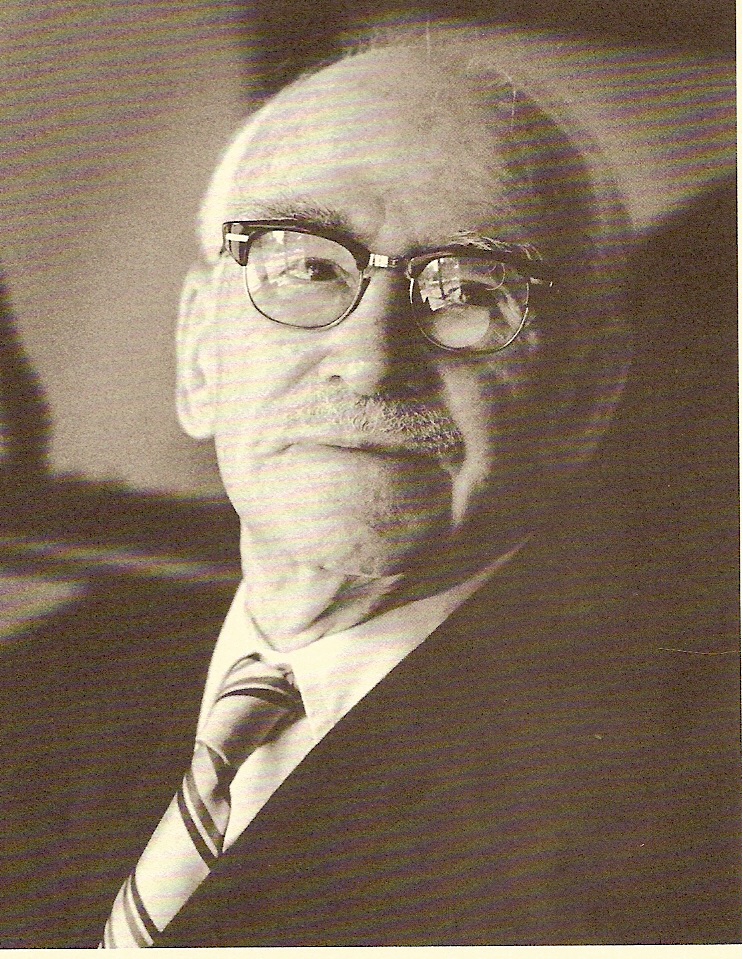
AnthonyFlood.com
Philosophy against Misosophy

Review of J. M. E. McTaggart, Studies in the Hegelian Dialectic. Cambridge University Press, New York: MacMillan Co. 1922, xvi+254. From The Journal of Philosophy, 20:15 (July 19, 1923), 431-415.
Brand Blanshard
It is twenty-seven years since this book made its first appearance. It was the maiden effort at book-writing of a young Cambridge graduate; indeed, the greater part of the volume is based on an essay he had written as candidate for a fellowship at Trinity. Since then he has become the leading English authority on the subject of this first volume, his Hegelian Cosmology and Commentary on the Logic having become, like the book before us, indispensable to Hegelian students. But many years and much research seem to have left the conclusions of this work almost precisely what they were. There are only two points (pp. 21 and 222) where the author, in the new edition, indicates any material change of view; and apparently even these are of sufficiently minor importance to be dismissed in summary footnotes.
In essentials, therefore, the value of this new edition remains the same as that of the old. It is, I think, threefold.
In the first place, it makes the nature and movement of Hegel’s thought in the Logic luminously clear. Every reader of Hegel knows what a service this is. It is not that his thought was really cloudy or incoherent or thin; it is rather, apparently, that a mind with but a very limited literary gift was thinking upon a level where no sort of literary gift could have rendered the thought obvious, and none but a gift of high distinction could have made it clear. Among his expositors there have been both scholars who understood him and writers who were capable of making things plain. But the former, in their effort to follow him into his far country, have too often found on their return that they have lost the idiom of the people and are “past understanding” in the ordinary sense as well as in the Hegelian. And the latter, with their gift or making things plain, have too often made transparently clear what Hegel never meant to say. Dr. McTaggart belongs to neither or these classes. He knows his Hegel, if anyone does, and he eschews obscurity far more than he eschews the Evil One.
But this book has rendered another service of great value. It has refuted certain errors about Hegel which, though common and natural, are none the less serious. It has often been supposed that Hegel attempted in the Logic to spin the universe from his own head. He attempted, it is said, to deduce the actual world from nothing but pure thought, to represent the course or history as merely the dialectic movement of an absolute mind, to represent that mind itself as a system or ideas logically interdependent and pure of any admixture or sense. Now a large part of Dr. McTaggart’s book is devoted to showing that Hegel held no one of these doctrines. Even in the Logic, where thought would, if anywhere, be treated as self-subsistent, it is considered as mediating that which falls beyond it. Thought is an interpretation of the cues of sense; and, directly or indirectly, it refers always to existing things. Now to interpret a sensation is not to take it up into thought as a logical idea; to refer to an existing thing is not to embrace the existence in the thought. Each, it is true, depends upon the other; neither without the other could have any sort of being; but the two remain stubbornly different to the end. Even in Absolute Spirit existence is not swallowed up of idea. It is, therefore, a mistake to dismiss Hegel without adieu as an “intellectualist,” just as it is to make a similar charge against such followers as Mr. Bradley. What he did hold appears to be this: that though thought can not exist without something given to it, and though the existence of this datum is never absorbed by thought, its presence does not affect the laws which govern the logical movement of thought in building its structure upon the given. In this he would seem to be right.
But, thirdly, Dr. McTaggart’s book does not confine itself to the exposition and defence of Hegel. On a variety of important points he argues forcefully that the Hegelian teaching falls short of truth. Hegel’s pronouncement about evil, for example, to the effect that evil is a delusion can not be accepted, for even a delusion must have reality, and if so, how can reality be wholly rational? (Secs. 150-159.) Again, Hegel regarded philosophy as the summit of the dialectical ascent; but a state in which feeling, thought, and will all attained their perfect fulfilment, and in which thought and existence were made one, would surely fall beyond every sort of knowledge (Ch. VI). Once more, Dr. McTaggart differs from Hegel in just the respect in which many persons, otherwise hostile, would be inclined to follow him, namely, in the use of the dialectic as a tool of interpretation for special aspects of religion, history, and morals. Such application, says Dr. McTaggart, is nearly always fanciful or uncertain. The real service of the dialectic is of quite another kind. It consists, first, in its systematic uncovering of the framework of our thought, with its masterly tracing of the categories through their many levels and their subtle interconnections; and secondly, in demonstrating, in a way which our author thinks valid, that the analysis of the simplest act of knowledge carries us straight to the acceptance of that Absolute Idea and that consequent “harmony between ourselves and the world for which philosophy always seeks, and by which alone science and religion can be ultimately justified.”
Posted February 27, 2007